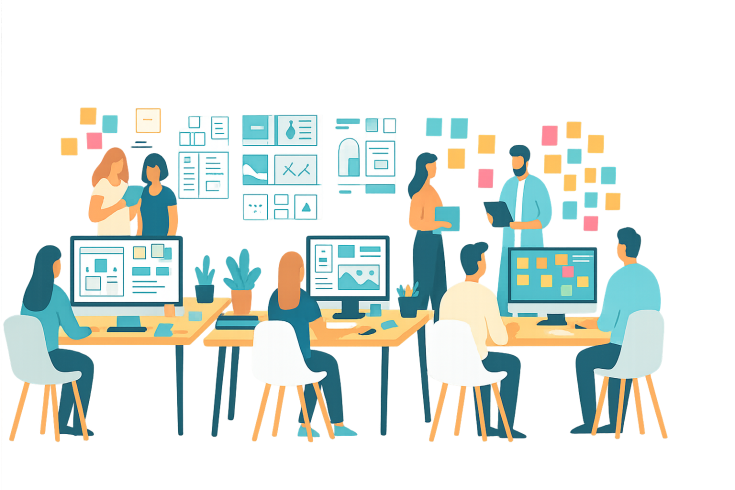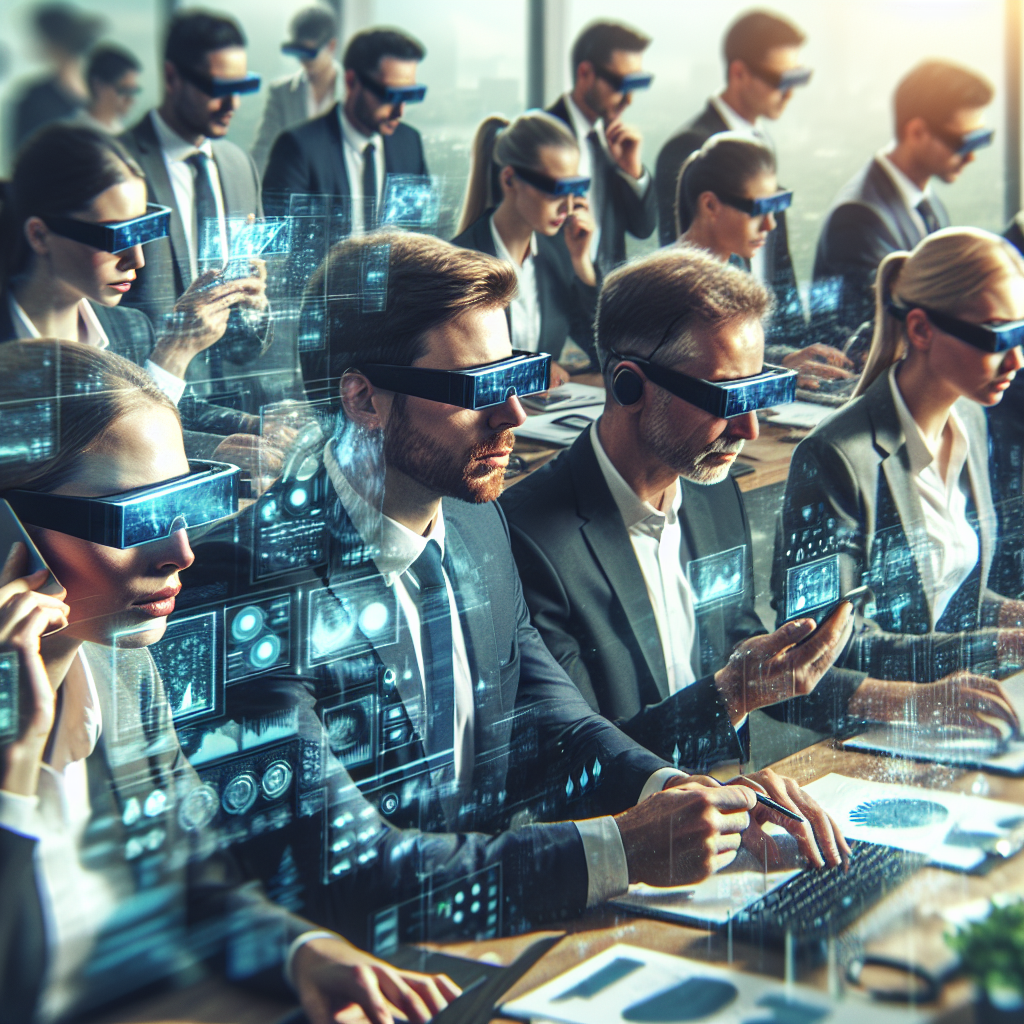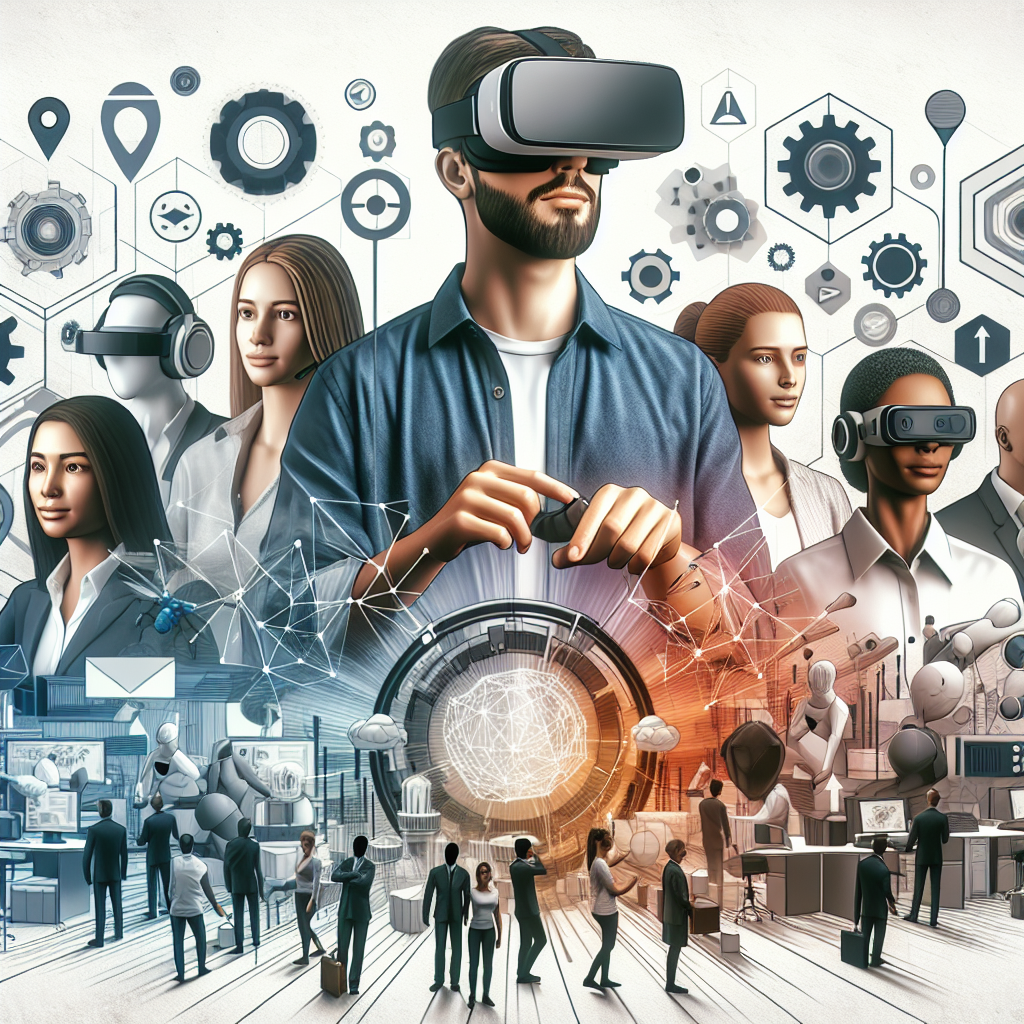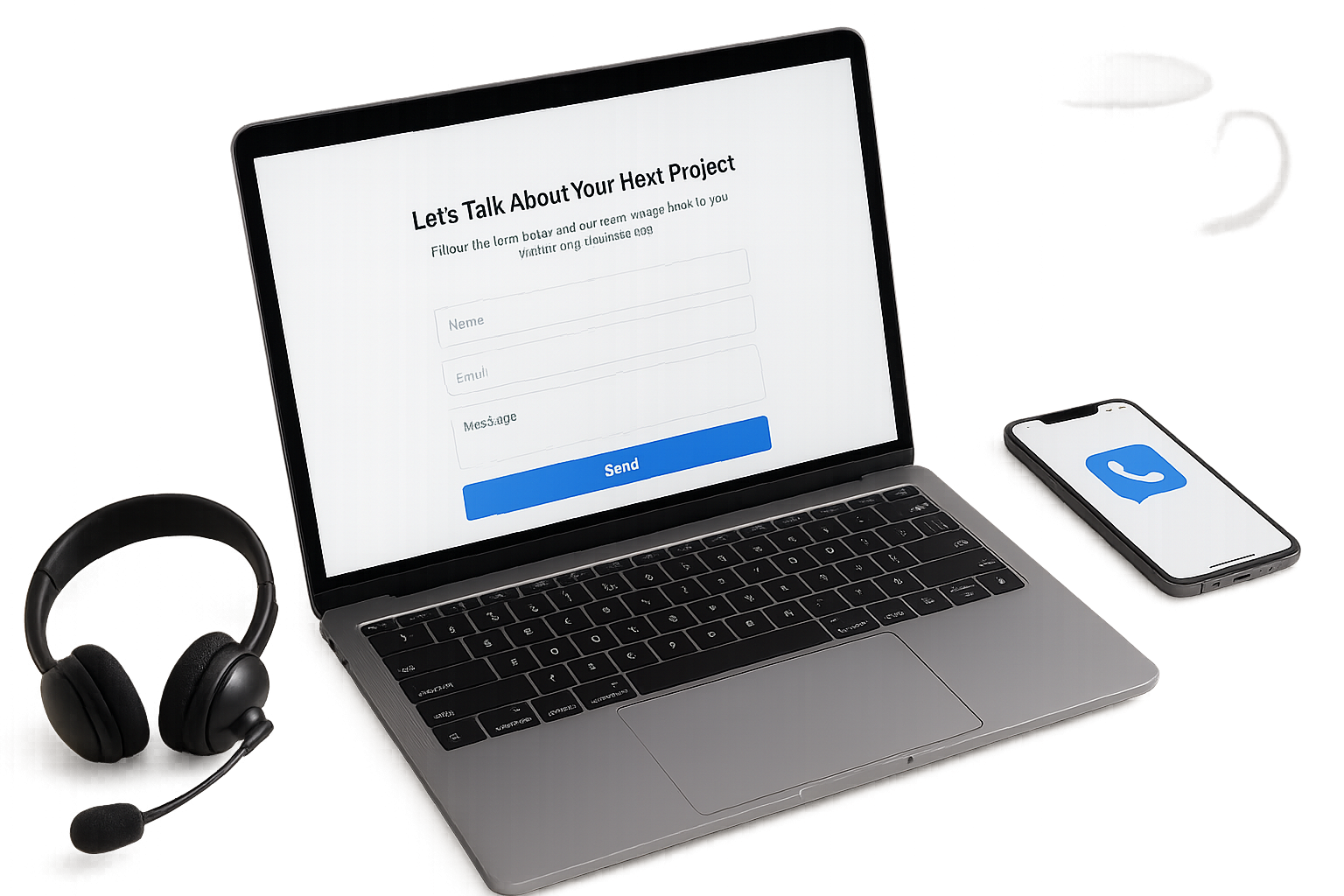Transform Your Business with 3D and AR Solutions: Discover How Augmented Reality and VR Technologies Revolutionize Industries

How Does Augmented Reality Affect Business? Unlocking New Opportunities in 2023

Have you ever tried on a pair of sunglasses using your smartphone before making a purchase? Or maybe youve used an app that helps you visualize how a new sofa would look in your living room? Thats the magic of Augmented Reality (AR), and its revolutionizing the way businesses operate across various industries. In 2023, understanding how augmented reality affects business can unlock new opportunities for growth and engagement.
The Business Impact of AR
Augmented reality is not just a tech fad; its a powerful tool that drives efficiency and customer satisfaction. According to recent studies, businesses leveraging AR have seen an impressive increase in customer engagement, with reports indicating conversions rising by as much as 40%. Can you imagine how this could impact your bottom line?
Advantages of Implementing AR in Business
- ⭐ Enhanced Customer Experience: By allowing customers to interact with products before buying.
- ⭐ Increased Sales: Businesses see a marked rise in purchase certainty, leading to higher sales figures.
- ⭐ Efficient Training: Employee training programs use AR to simulate real-world challenges, saving company resources.
- ⭐ Data Insights: Analyzing interactions with AR applications provides valuable customer data.
How Are Industries Leveraging VR and AR Technologies?
From retail to healthcare, industries are harnessing AR to enhance operations. For instance, IKEA’s use of AR in their app allows customers to see how furniture fits into their homes before purchasing. This cutting-edge technology not only boosts sales but reduces the rate of returns, saving costs in logistics and customer service.
| Industry | AR Application | Impact |
| Retail | Virtual Try-Ons | 40% increase in sales |
| Healthcare | Surgical Visual Guides | Improved accuracy in procedures |
| Real Estate | Virtual Property Tours | Shortened sales cycle |
| Manufacturing | Remote Equipment Maintenance | Reduced downtime by 30% |
| Education | Interactive Learning Modules | Increased student engagement |
| Marketing | 3D Ads | Enhanced brand recall |
| Travel | Augmented Tours | Improved customer satisfaction |
| Gaming | AR Experiences | Boosted player engagement |
| Automotive | Virtual Showrooms | Increased buyer confidence |
| Food Service | Menu Visualization | Enhanced customer dining experience |
Expert Insights: Preparing for the Future
As an IT development company, we recommend staying ahead of the curve by incorporating AR into your strategic planning. Its crucial to consider:
- ⭐ Updating Software Regularly: Keeping AR applications fresh and functional.
- ⭐ Security Configurations: Ensuring customer data protection.
- ⭐ Tracking Performance: Regularly analyze AR use data to improve engagement further.
Real Success Stories
Take the case of Company XYZ, which struggled with low customer engagement. They implemented AR to offer virtual fittings for clothing. As a result, they witnessed a 35% increase in purchases and significant customer feedback. Imagine what such technology could do for your business!
If youre excited about exploring the ways that augmented reality affects business in your industry, dont hesitate to reach out. You can contact our professional specialists at [email protected]. We offer all services in one place, ensuring that you can focus on what matters most—growing your business!
Visit our website nexrilo.com to learn more about how we can help you leverage AR for your success!
Frequently Asked Questions
- What is augmented reality? Augmented Reality (AR) enhances the real world by overlaying digital information, allowing interactive experiences.
- How does AR improve customer experience? AR enables customers to visualize products in their environment, leading to informed purchasing decisions.
- Which industries benefit most from AR? Retail, healthcare, real estate, and education are currently leading in AR implementation.
- Can AR drive sales effectively? Yes, businesses using AR typically see improved conversion rates.
- How can AR be integrated into an existing business? Start by incorporating AR applications in your marketing strategy or customer engagement platforms.
- Is AR expensive to implement? Initial costs can vary, but the long-term benefits often justify the investment.
- What skills are needed for AR development? AR development requires experience in programming, design, and user experience strategies.
- Does AR have after-sales benefits? Absolutely! It can enhance customer care and support through instructional guides.
- What technology do I need for AR? Youll need software development tools, AR platforms, and possibly specialized hardware.
- Who can help me implement AR in my business? Our team of professional specialists at nexrilo.com is equipped to assist you!
Which Industries Are Already Using VR AR Technologies? Real-World Success Stories and Case Studies

In todays fast-paced digital age, Virtual Reality (VR) and Augmented Reality (AR) are transforming industries in remarkable ways. From retail to healthcare, businesses are discovering how these technologies can elevate their operations and enhance customer experiences. Curious about where VR and AR are making waves? Let’s dive into some real-world success stories that highlight their impact.
1. Retail: Changing the Shopping Experience
Imagine shopping for furniture without ever setting foot in a store. IKEA has done just that with their AR app, allowing customers to visualize how products look in their spaces before making a purchase. This innovation has significantly reduced return rates by helping customers make more informed decisions. According to reports, businesses using AR in retail have seen up to a 40% increase in sales. If youre a retailer, this technology can truly change your game!
2. Healthcare: Enhancing Patient Outcomes
In the medical field, AR has been a game-changer. Medical training institutions are using AR for simulations that teach surgical techniques. For instance, surgeons can use AR to overlay vital information on patients during operations, which enhances precision and improves patient outcomes. One study highlighted a 30% increase in training efficiency through AR simulations, showcasing the technologys remarkable potential in healthcare.
3. Real Estate: Virtual Tours to the Rescue
Buying a home traditionally involves numerous viewings, but with VR, it’s possible to take a complete tour of properties without leaving your couch! Companies like MagicPlan offer virtual tours, allowing potential buyers to experience spaces as if they were physically there. This not only streamlines the buying process but also results in quicker sales, with reports suggesting shortening sales cycles by an average of 20%.
4. Education: Engaging the Learners
AR and VR are revolutionizing the way students learn. Take Case Western Reserve University, which uses AR simulations for medical students to practice procedures. This method allows for hands-on experience without the risk of harming real patients. Data indicates students trained using VR show improved retention rates and performance—fostering a more effective learning environment.
5. Automotive: Virtual Showrooms
The automotive industry is also embracing AR technology. Brands such as Ford are using AR to help customers explore vehicle features in detail before making a decision. Customers can virtually customize vehicles and visualize them in real-time. This innovative approach not only increases potential buyer engagement but also boosts sales, enriching the customer journey every step of the way.
6. Marketing: Making an Impact
In marketing, AR is being utilized to create memorable campaigns. Brands like Pepsi have effectively used AR to enhance user experiences during events, including creating immersive campaigns where customers interacted with a virtual world. The result? Enhanced brand engagement and improved recall, leading to increased customer loyalty. Statistics show that AR marketing campaigns can amplify conversion rates by up to 30% compared to traditional advertising.
7. Travel: Enhancing Exploration
The travel industry is not left behind either! Tour companies are using AR apps to provide augmented experiences. For example, visitors can use their smartphones to enhance their historical tours, overlaying information about landmarks and attractions. This not only enriches the visitor experience but also encourages visitors to explore more effectively, leading to improved satisfaction rates.
Real-World Case Studies
| Industry | Company | AR/VR Application | Impact |
| Retail | IKEA | AR Home Visualization | Reduced returns by 25% |
| Healthcare | Case Western Reserve University | VR Training Simulations | Increased training efficiency by 30% |
| Real Estate | MagicPlan | VR Property Tours | Shortened sales cycle by 20% |
| Education | Stanford University | VR Learning Environments | Improved student performance metrics |
| Automotive | Ford | AR Vehicle Customization | Increased buyer engagement |
| Marketing | Pepsi | Interactive AR Campaigns | Improved brand recall by 40% |
| Travel | Tourism Australia | AR Guided Tours | Enhanced customer satisfaction |
| Gaming | Nintendo | AR Game Experiences | Boosted player engagement |
| Food Service | Dominos | AR Menu Visualizations | Increased order sizes |
| Fitness | Mirror | AR Personal Training | Improved workout engagement |
As you can see, VR and AR technologies are not just for tech enthusiasts; they are influencing various sectors in profound ways. If your business is ready to explore these innovative technologies, our experienced team at nexrilo.com can assist you in integrating AR and VR into your operations effectively.
Contact us today at [email protected] or visit our website nexrilo.com to learn how we can elevate your business using these transformative technologies!
Fill out the form below and our team will reach out within one business day
